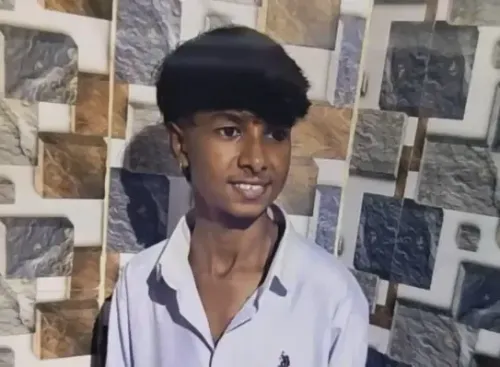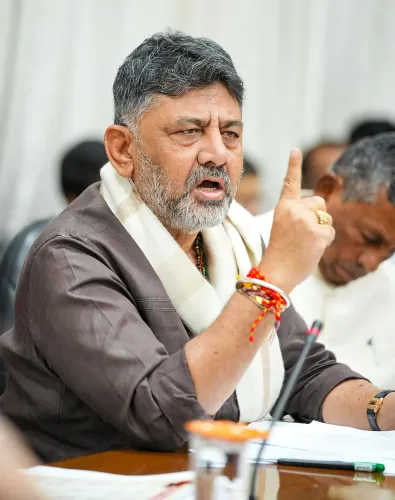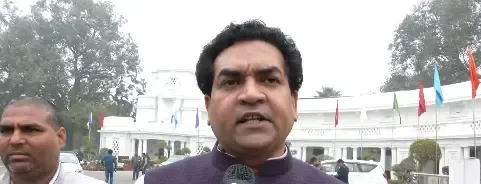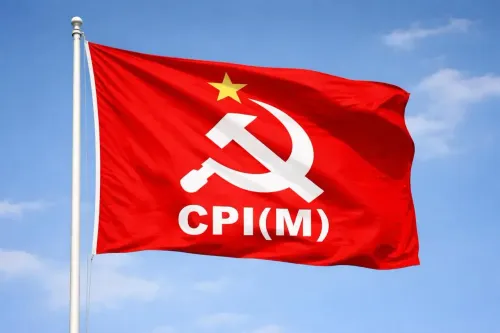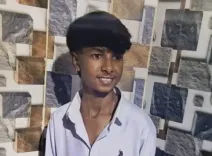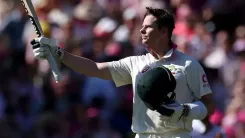Tahawwur Rana's Extradition to Aid India in Uncovering Pakistan's Role in 26/11
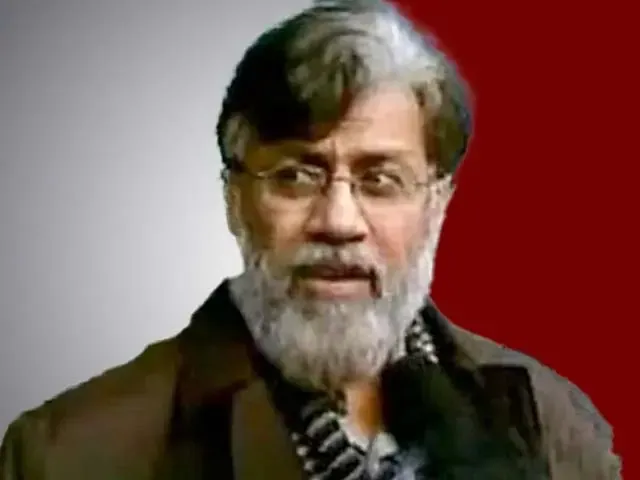
Synopsis
Key Takeaways
- Tahawwur Rana's extradition will help India link Pakistan to the 26/11 attacks.
- David Coleman Headley confirmed Rana's role in the conspiracy.
- Rana provided support to Headley for attack planning.
- FBI noted Rana's awareness of Lashkar's terrorist activities.
- Headley testified about his training and surveillance for the attacks.
New Delhi, April 10 (NationPress) With Tahawwur Rana's extradition, India is poised to establish a crucial connection to expose Pakistan's involvement in the 26/11 Mumbai terror attacks.
Despite numerous dossiers submitted by the Government of India, Pakistan has consistently denied its participation. However, the upcoming interrogation and trial of Rana are expected to reveal the conspiracy that was supported by Pakistan.
Rana's role in the conspiracy of the 26/11 terror attacks was substantiated by his childhood friend and another principal accused, David Coleman Headley, also known as Daood Sayed Gilani.
In 2016, Headley testified via video conference from an undisclosed location in the United States before a special court in Mumbai, disclosing his connections to Pakistan.
He mentioned that he maintained regular contact with Rana and sought his approval to establish a business office in Mumbai as a facade for his operations.
The National Investigation Agency (NIA) indicated in its charge sheet that Rana facilitated logistical, financial, and other support to Headley and other conspirators involved in planning terror attacks in India.
During his video conference testimony, Headley responded to inquiries from Special Public Prosecutor Ujjwal Nikam regarding the planning and execution of the 26/11 attacks. His statements clarified Rana's involvement, leaving no doubt.
Rana was sentenced in the US for his connections to Lashkar-e-Taiba and assisting in the planning of an attack against a Danish newspaper that published cartoons of the Prophet Muhammad. Nevertheless, the court acquitted him of the charge related to the 26/11 Mumbai attacks, although the trial revealed his association with Headley.
The Federal Bureau of Investigation (FBI) stated (January 2013) following Rana's conviction in 2009 that he had acknowledged his involvement in the activities of Lashkar and the Mumbai attacks.
"In a post-arrest statement in October 2009, Rana confessed to being aware that Lashkar was a terrorist organization and that Headley had participated in training camps managed by Lashkar in Pakistan. Headley testified that he attended these training camps on five occasions between 2002 and 2005. In late 2005, he received directives from Lashkar members to travel to India for surveillance, which he executed five times before the Mumbai attacks three years later, resulting in over 160 fatalities and hundreds of injuries," the FBI statement detailed.
The statement elaborated on the execution of the plan. "In the summer of 2006, Headley and two Lashkar affiliates deliberated on opening an immigration office in Mumbai as a disguise for his surveillance activities. Headley testified that he traveled to Chicago and informed Rana, his long-standing friend since their high school days in Pakistan, about his mission to scout potential targets in India. Rana approved Headley's request to launch a First World office in Mumbai to mask his activities. He guided an associate of First World in preparing documentation to support Headley's cover story and provided advice on obtaining a visa for travel to India, according to Headley's testimony, alongside emails and other documents validating his account."
The statement further indicates that in late 2008 and early 2009, Rana reviewed with Headley how he had conducted surveillance of the targets attacked in Mumbai.


